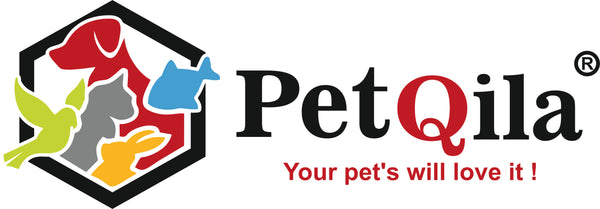Privacy Policy
Privacy Policy for Pet Food Website
Introduction:
In an increasingly digital age, the importance of privacy cannot be overstated. This essay discusses the essential components of a comprehensive privacy policy for a pet food website. A clear and transparent privacy policy can provide reassurance to users, ensuring their personal information is protected, and foster trust in their interactions with the website.
1. Overview of Private Data Collection:
The privacy policy should detail what types of personal information are collected from users on the pet food website. This may include names, addresses, contact information, and pet details. It should also clarify whether any financial or transactional data is gathered and for what purposes.
2. Purpose and Limitation of Data Use:
The policy must specify the purpose for which any collected information is used. For instance, the pet food website may use data to process orders, personalize user experience, or send promotional content. It should also outline any limitations on data use, ensuring it isn't shared with third parties unless necessary or with explicit user consent.
3. Security Measures and Data Protection:
Highlighting robust security measures is crucial to inspire trust. The privacy policy must outline safeguards against unauthorized access, data breaches, and any encryption practices employed to protect sensitive information. It should stress the commitment to complying with industry-standard practices and regulations designed to safeguard user data.
4. User Control and Opt-Out:
A comprehensive privacy policy for a pet food website should respect the users' right to control their personal information. This includes offering an explicit opt-out option for users wishing to limit data collection or withdraw their consent at any time.
5. Cookies and Tracking Technologies:
Outline the use of cookies or other tracking technologies. Explain their purpose, such as enhancing user experience or analytics, and clarify whether the website shares cookie data with third parties.
6. Third-Party Services:
If the pet food website utilizes third-party services (such as payment gateways or marketing platforms), the privacy policy should identify these services and explicitly state that their data usage may be subject to separate policies.
7. Child Privacy:
If the website is accessible to children under thirteen years old, complying with the Children's Online Privacy Protection Act (COPPA) becomes essential. The privacy policy should clearly address how children's personal information is handled, including obtaining parental consent and providing suitable content.
8. Data Retention and Deletion:
The privacy policy should establish the retention period for collected data and describe the process for deleting user information upon request. Clear guidelines regarding data retention help build trust.
9. Legal Compliance:
Mention compliance with any applicable privacy laws, such as the General Data Protection Regulation (GDPR) or the California Consumer Privacy Act (CCPA). This underscores the website's commitment to protecting user privacy and respecting their rights.
10. Policy Updates and User Notification:
Finally, inform users about any potential updates to the privacy policy and how they will be notified. Encourage users to periodically review the policy and detail the procedure for obtaining their consent if substantial changes are made.
Conclusion:
A privacy policy is a vital component of any pet food website, demonstrating the commitment to user privacy and building trust. The policy should cover essential aspects of data collection, usage, security, user control, and compliance with applicable laws. Providing clear and transparent information helps establish a mutually beneficial relationship between the website and its users, fostering long-term engagement and satisfaction.
